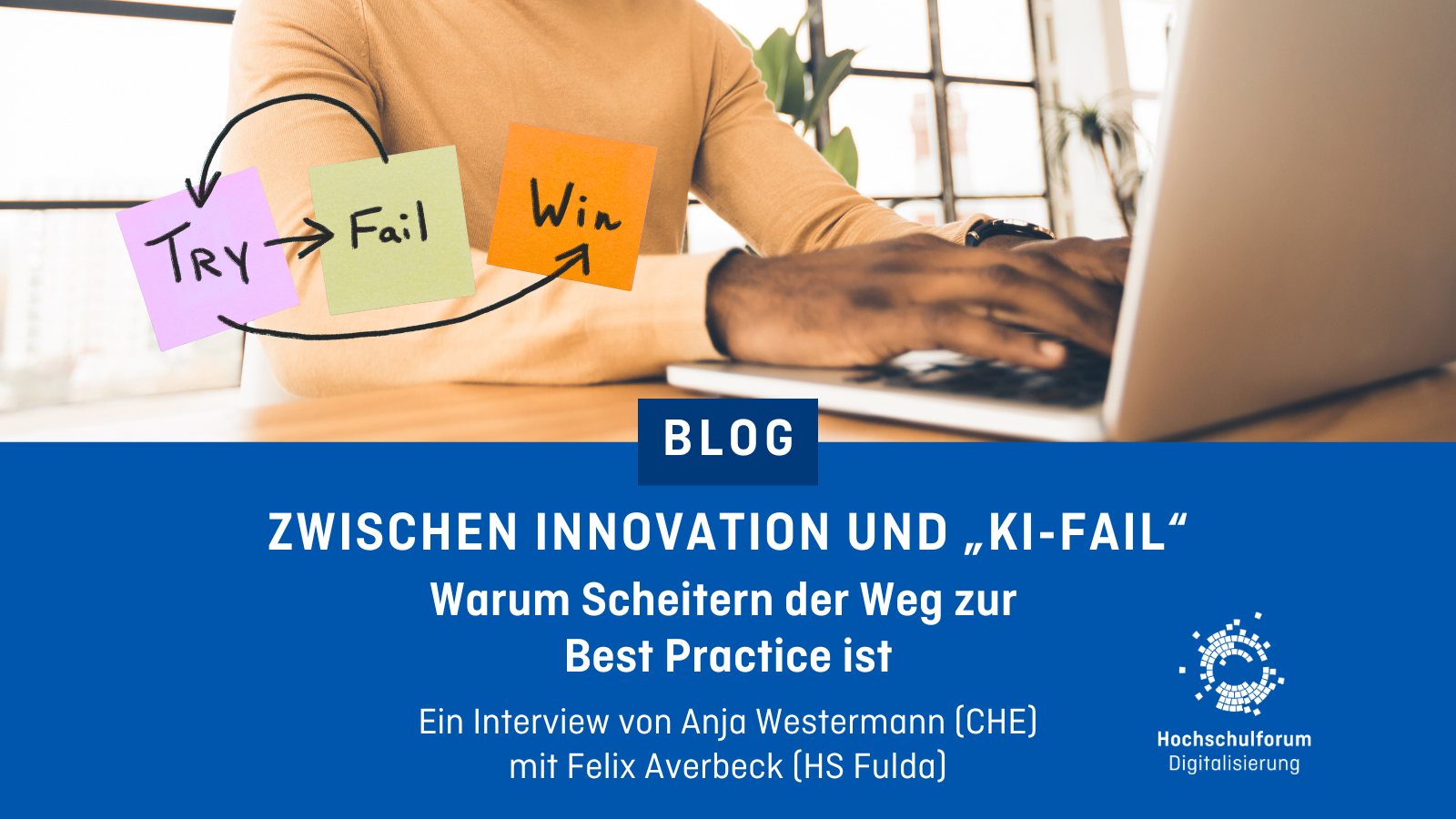Inequalities in higher education: A global perspective
Inequalities in higher education: A global perspective
15.02.22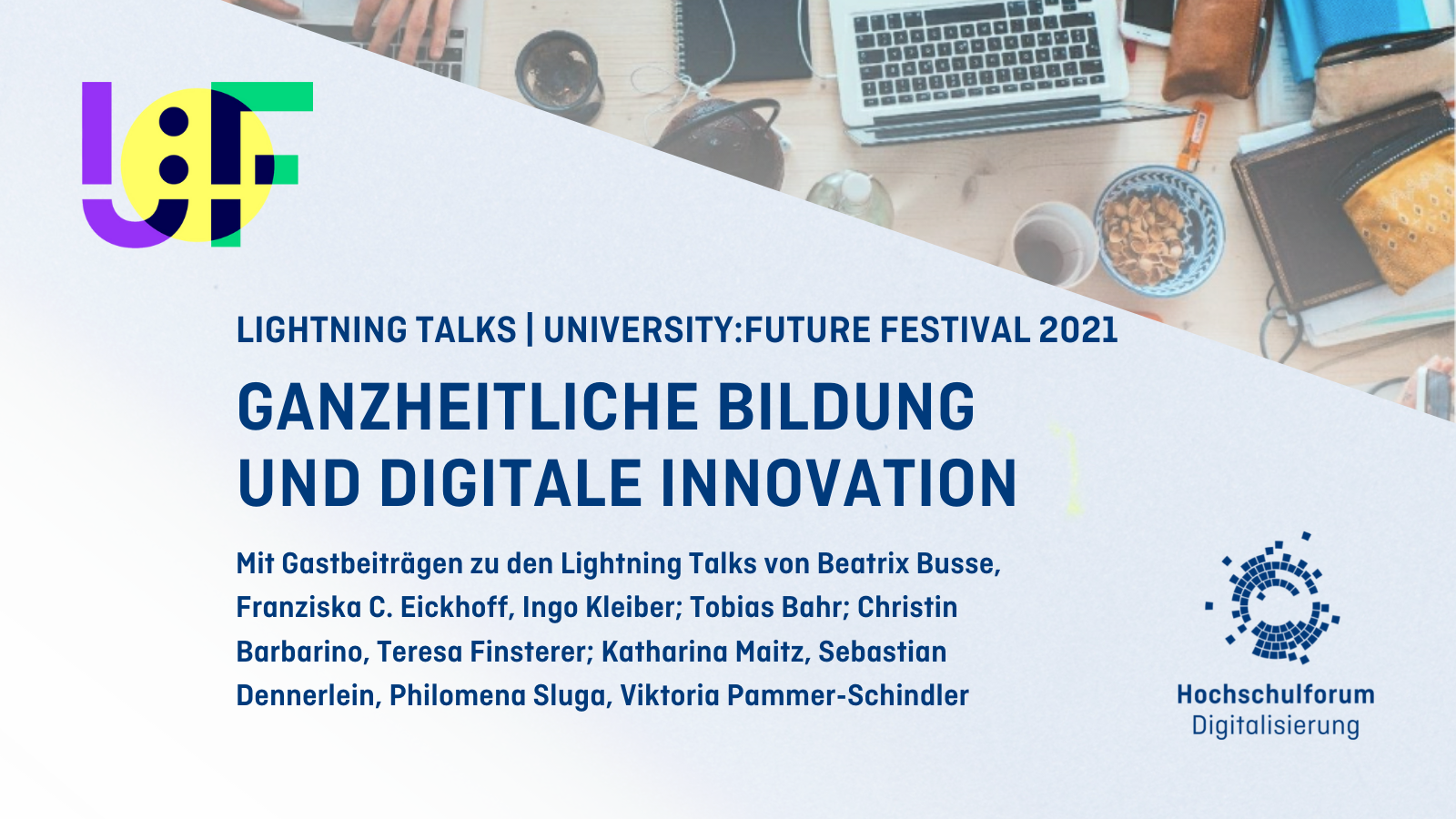
During the University:Future Festival 2021, Bronwen Deacon and Anne Leiser led a panel discussion that focused on inequalities in global higher education at an individual, institutional, and systemic level. The two experts in the field of international education projects work at institutions that facilitate the exchange and achievement of global education goals. In this blog entry they summarize their key ideas that laid ground for the discussion.
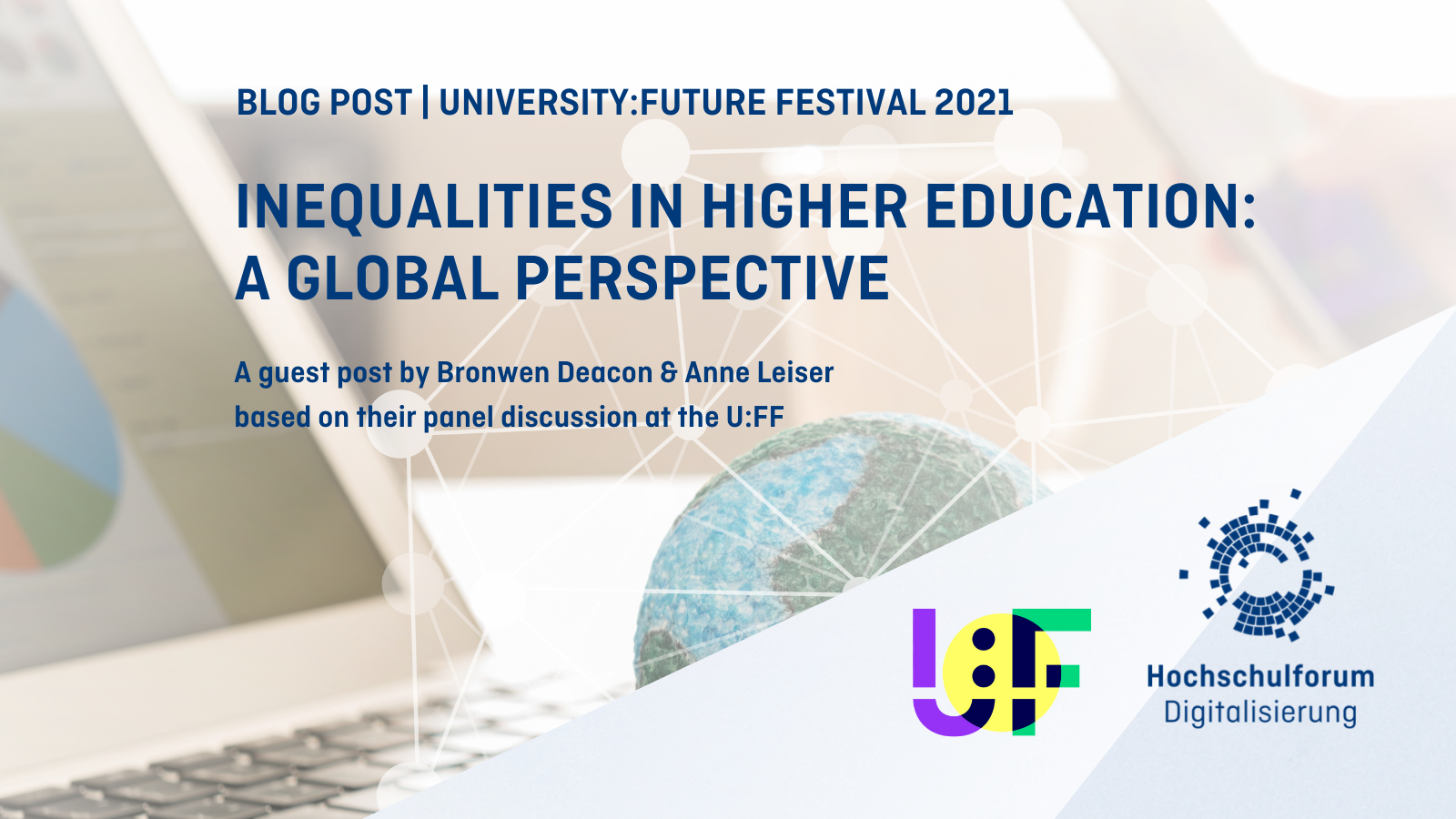
In forcing the switch to online teaching, the pandemic has placed unprecedented strain on the higher education system and thus exposed many of its vulnerabilities. Over the past 2 years it has become evident that inequalities in education run wider and deeper than previously thought.
A positive side effect of the system under pressure was that initially everyone agreed that collaborating could help navigate this shift, leading to many an informal exchange of best practices and experiences. As we move into the ‘new normal’ this trend is on the decline, with collaborative efforts reducing as higher education institutions (HEIs) focus on long-term strategies and solutions. However, if we want to make a real change, we should get rid of the comfort and the old ways before the innovative power of the pandemic is out of reach.
Prior to the pandemic, a prominent narrative claimed that digital learning would make education more equitable and accessible by offering education at lower cost to marginalized populations, or by enabling a self-directed, self-paced learning style. While the pandemic showed that it is not that simple, it has created consensus on a blended learning future. But if we truly want to create more equitable and accessible education, guide rails around digital teaching and learning are needed.
Based on our study, our key hypothesis is that collaboration on individual, institutional, and systems level would set the necessary course to lead to a more just higher education environment and a better digital learning experience.
This assessment coincided with that of our panelists at the University:Future Festival. We discussed how education in fragile contexts (e.g., for refugees) or in times of crisis (e.g., political unrest) recognizes that learning must also take place in volatile, uncertain, complex, and ambiguous situations, and that established HEIs would do well to look to fragile contexts to learn how to provide education in ways that do not perpetuate inequalities:
Specifically, such contexts show that access is partly physical, but largely intellectual. To allow all learners to flourish, we must first work to decolonize pedagogies, epistemologies, and technologies.
Secondly, infrastructure-heavy technology is unusable in fragile contexts and can function as a disequalizer. Low-tech options need to be provided and need to build the basis on which independent learning modes are encouraged.
Third, the demand for education on a planetary scale is significant, and will require a planetary response. To satisfy this need, we must engage in authentic, collaborative design for solutions around the needs of learners in all contexts.
With these points in mind, important lessons can be drawn for all of higher education, namely that HEIs must react to the global demand for higher education and provide equitable solutions to learners from different contexts. A thorough research focus on digital and blended pedagogies across cultures is necessary to ensure effective teaching and learning modes for all. To achieve this, teaching and learning must be valued alongside research, given the support, resources, and policies to support instructors and learners. All stakeholders, be they industries, the public sector, or policymakers, should be included in this process of supporting higher education’s mission to break down barriers.
This blog entry is part of a series of articles that are a retrospective on the University:Future Festival 2021. All the articles (in German for the most part) can be found in the corresponding dossier. More keynotes and talks are available on our YouTube channel.
The University:Future Festival took place from 2 to 4 November 2021 under the motto “Open for Discussion” – organised by the Higher Education Forum on Digitalisation (HFD) in partnership with the Foundation for Innovation in Higher Education (StIL). With 3,860 registered participants and 2,700 attendees, it was the largest even of its kind in the German-speaking area.


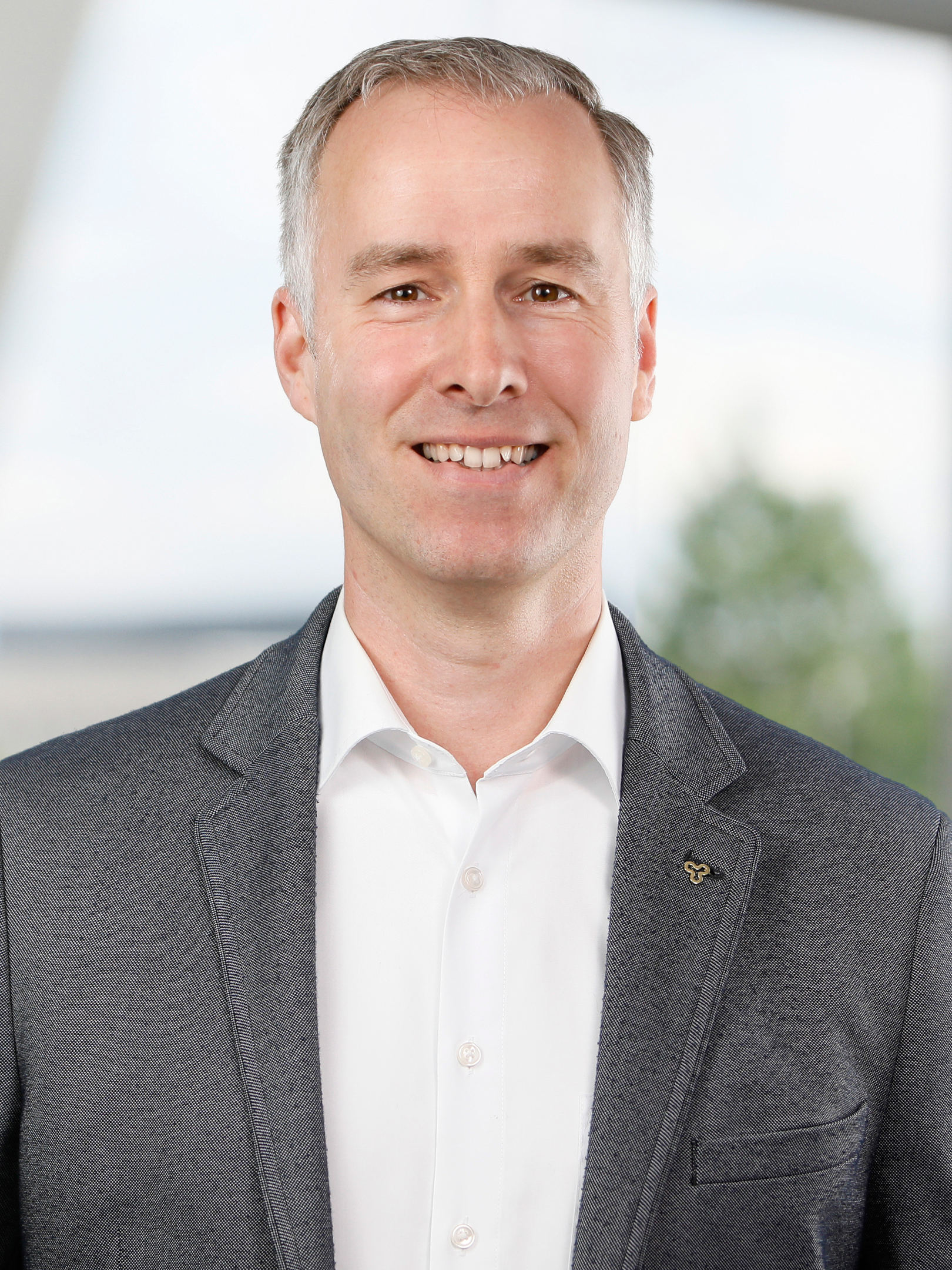 Dr. Björn Fisseler
Dr. Björn Fisseler 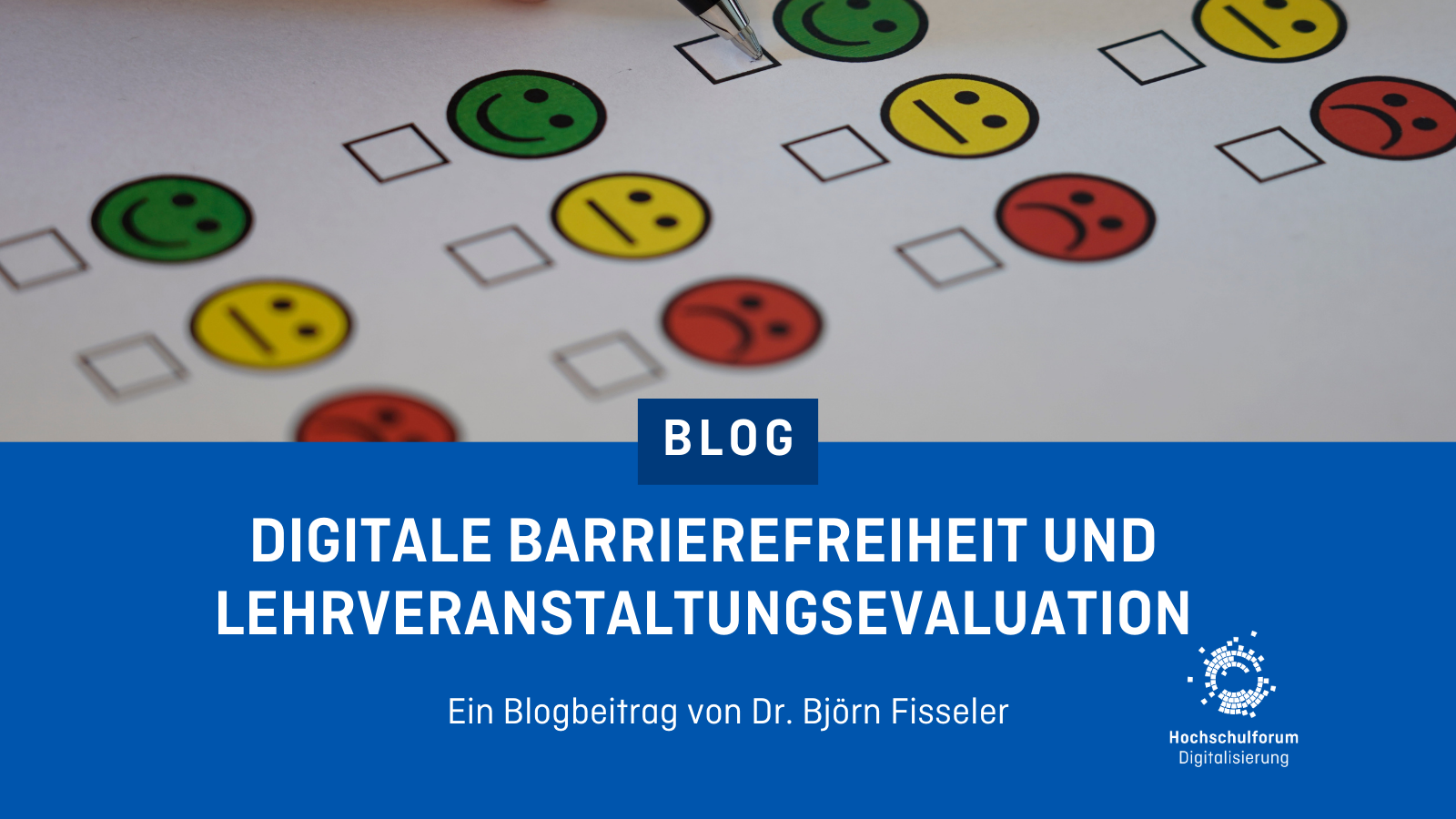
 Vera Lenz-Kesekamp
Vera Lenz-Kesekamp 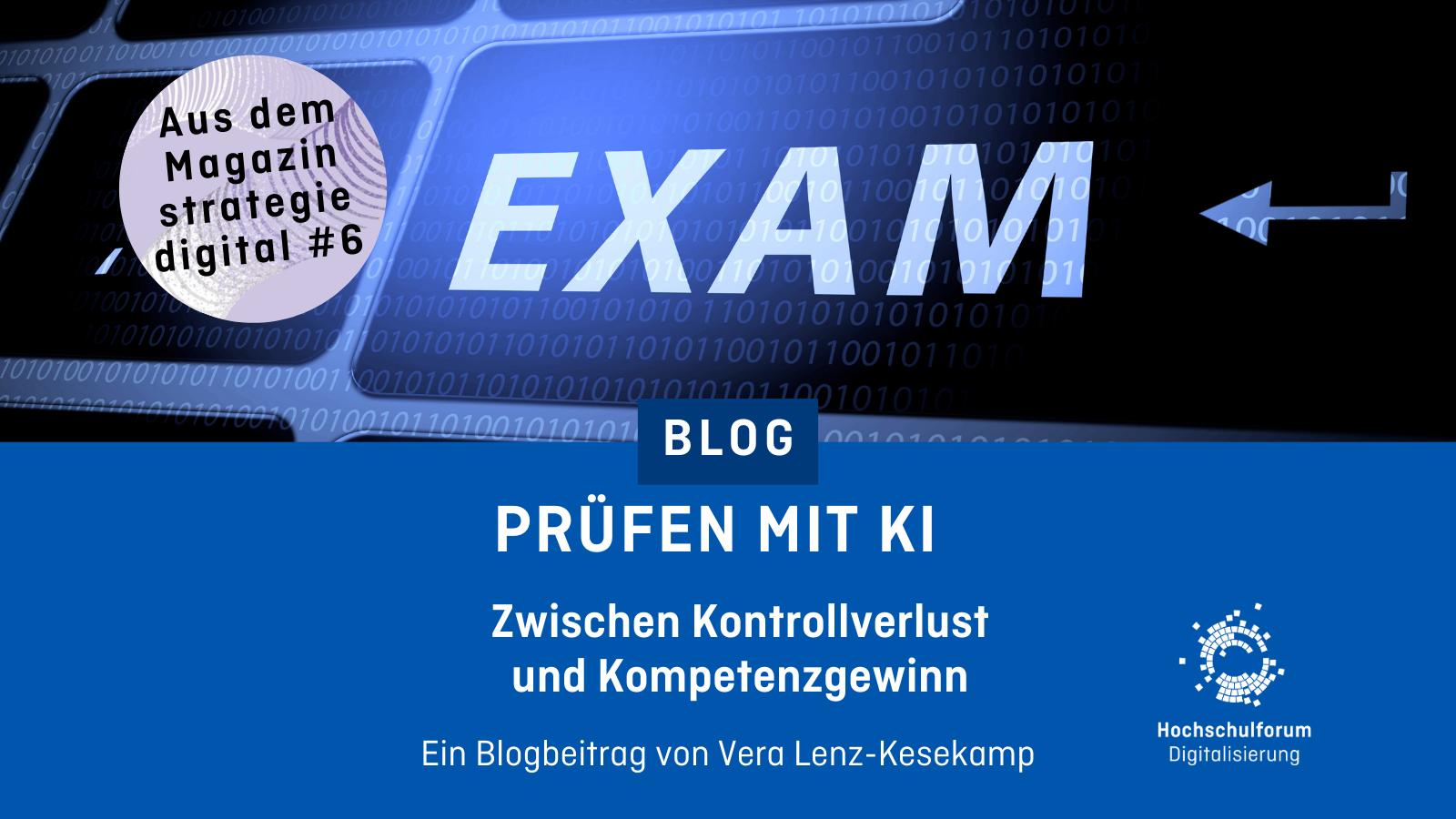
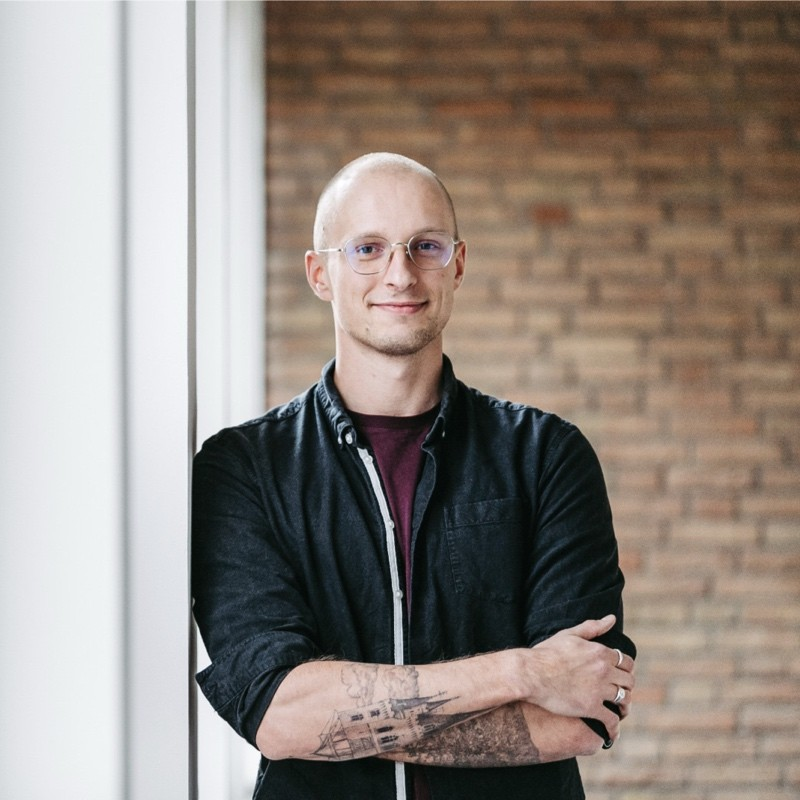 Felix Averbeck
Felix Averbeck 